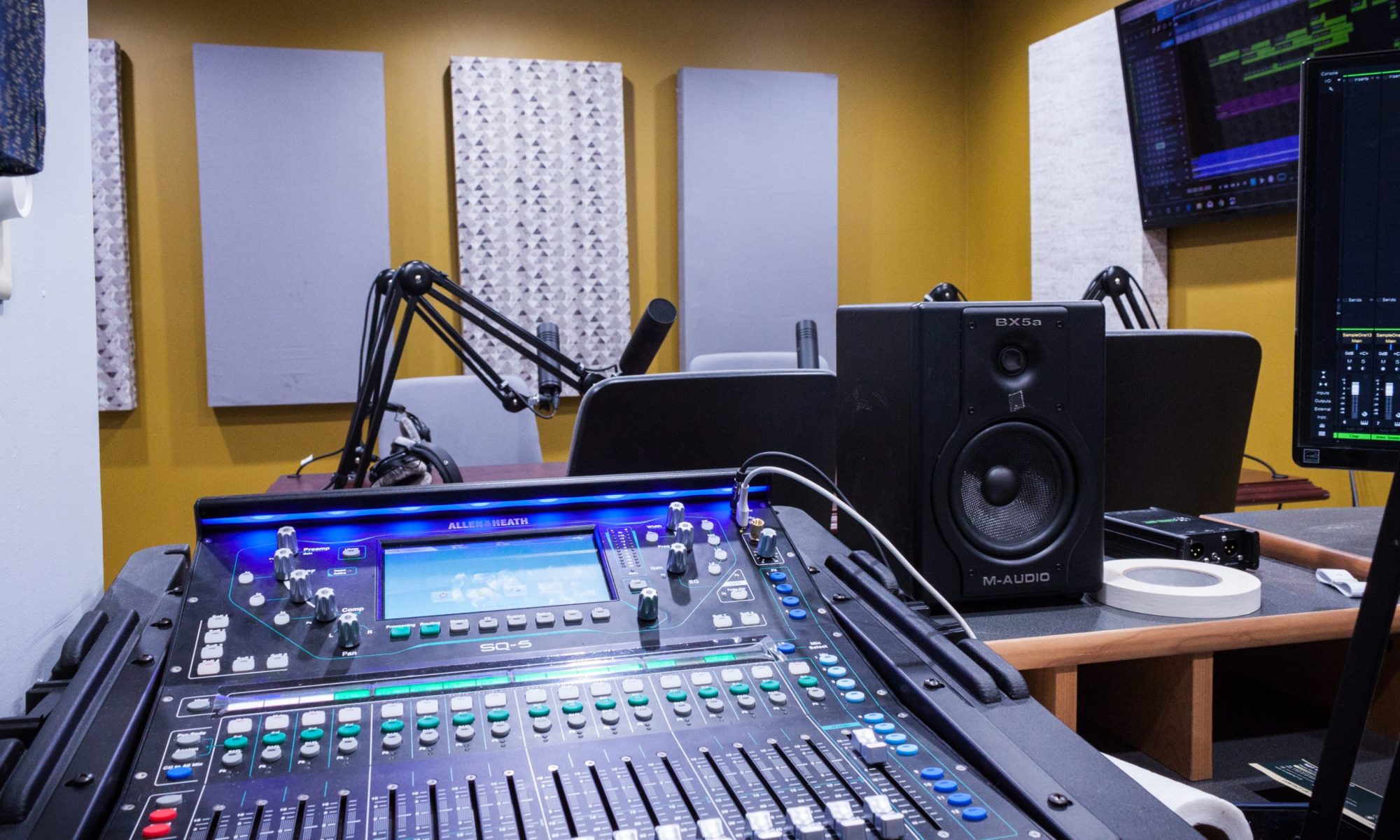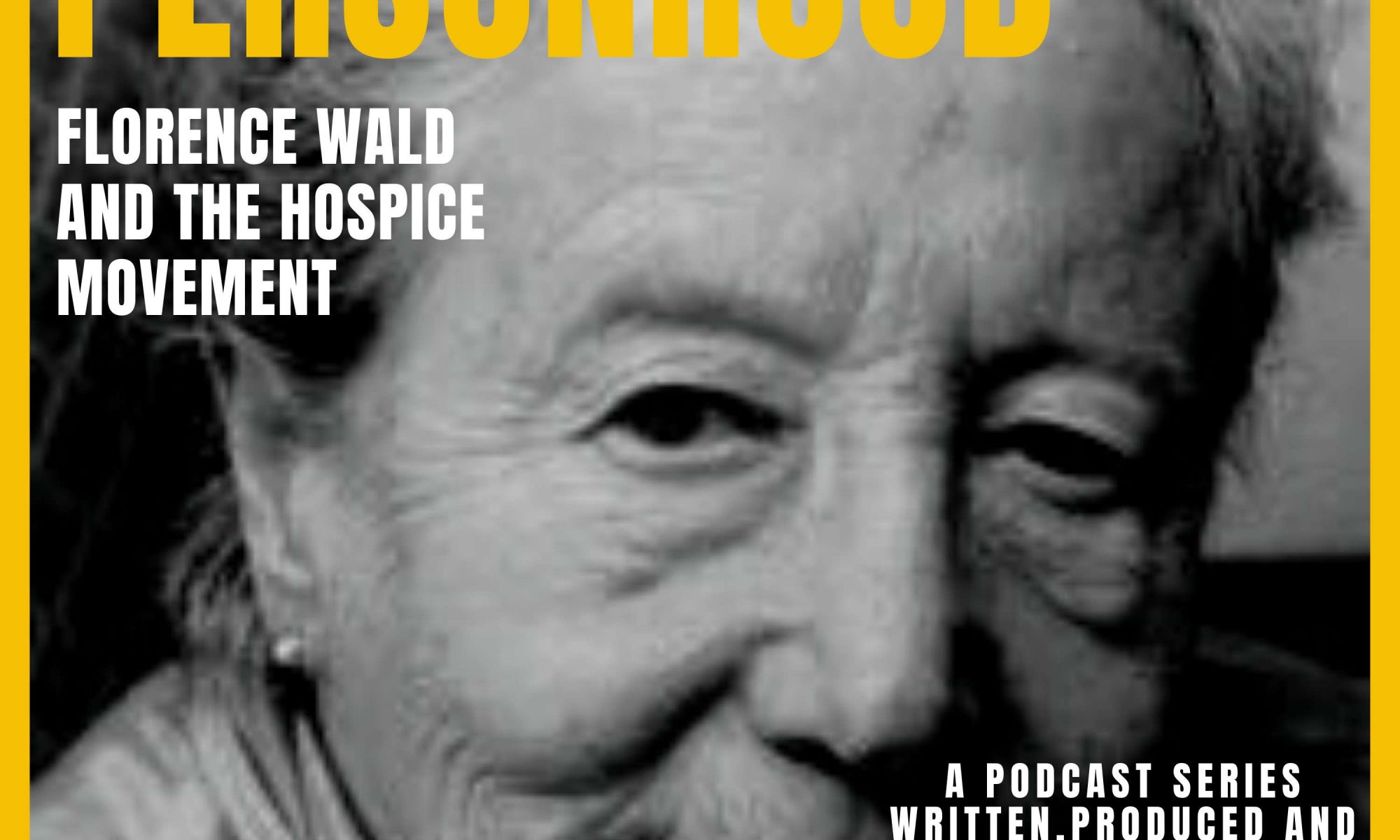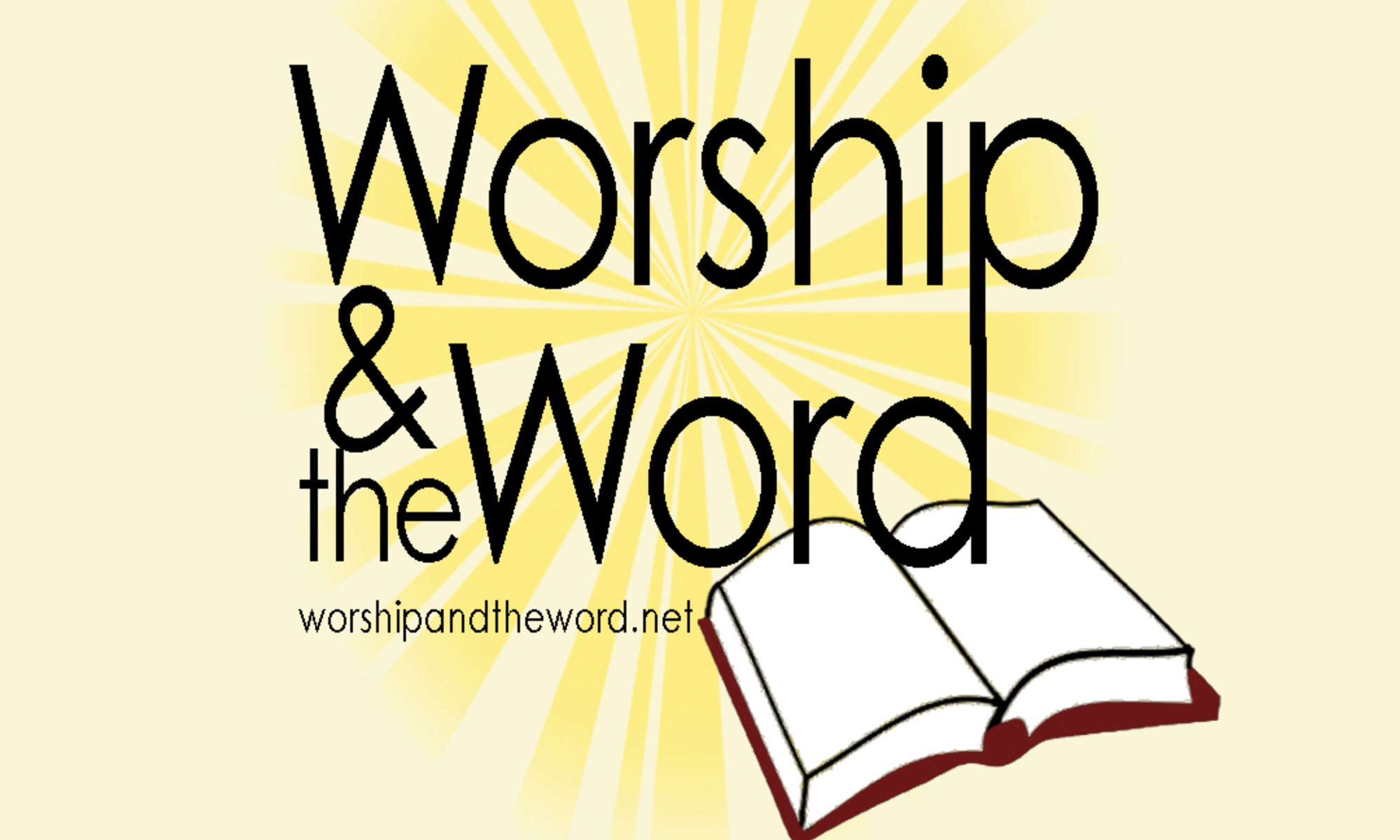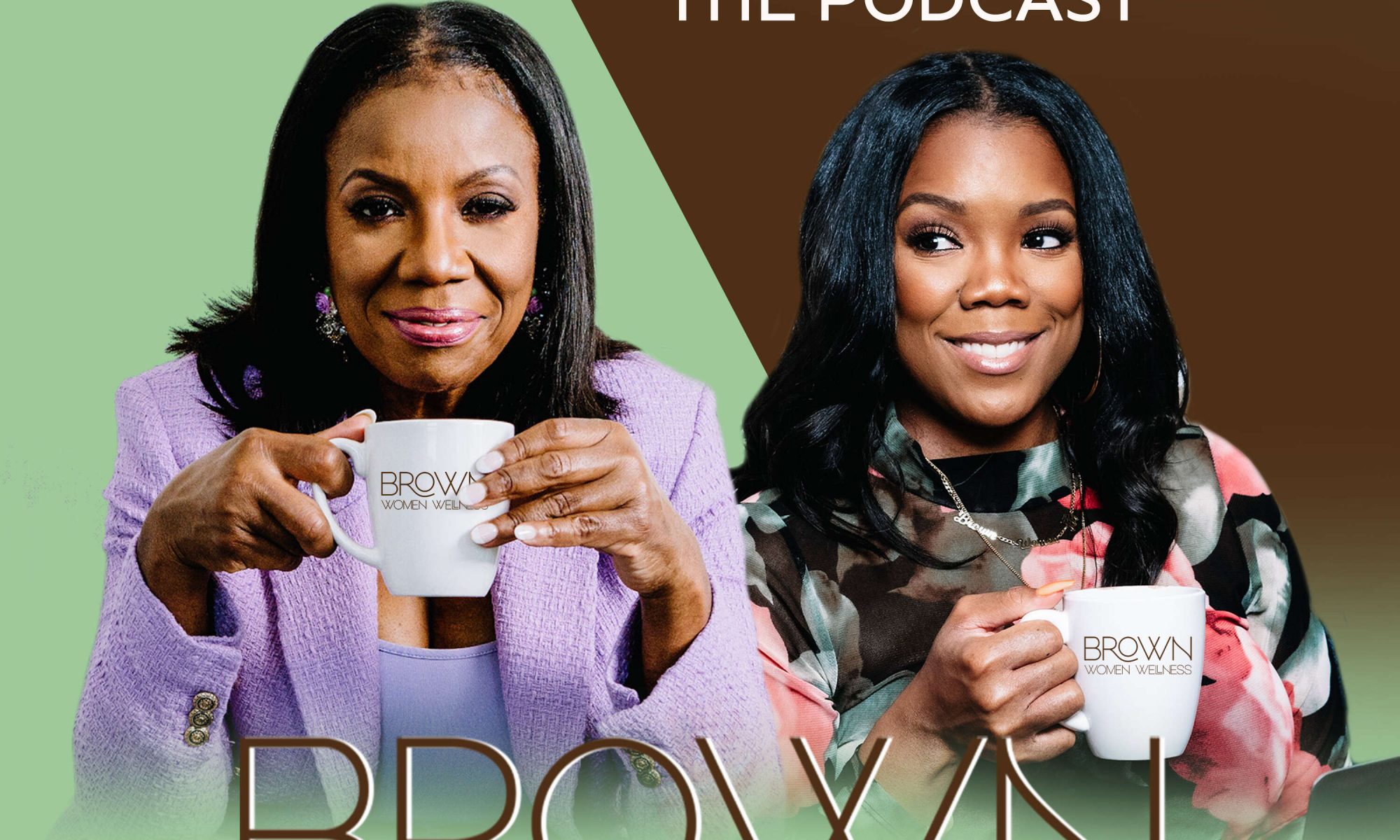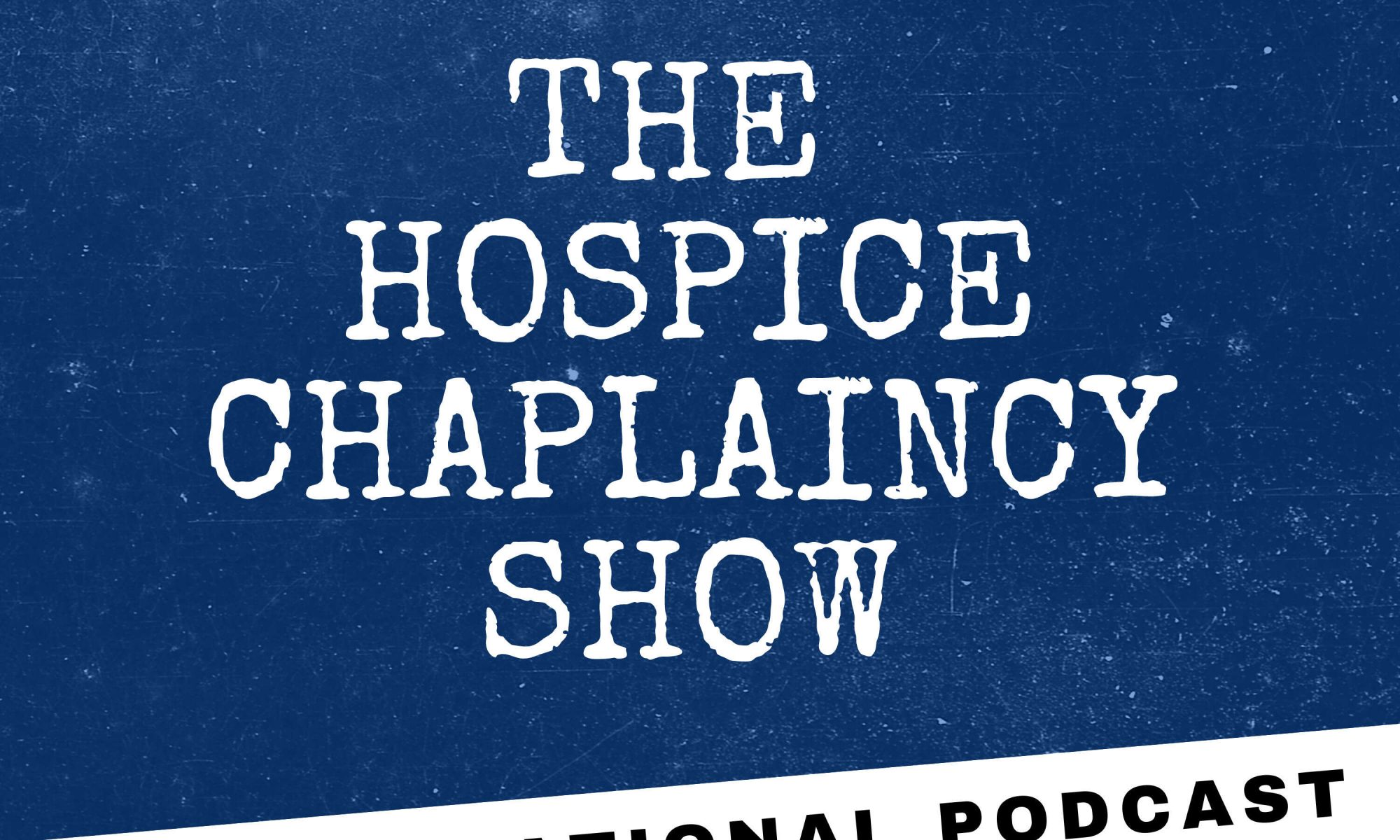In this interview, Cathy Siebold who has witnessed firsthand the evolution of hospice care since its modern incarnation in the 1960s, presents a balanced and objective analysis of the movement’s accomplishments and failings.
You can also read more about that in her book “The Hospice Movement: Easing Death’s Pains.”
She uses social movement theory to frame her discussion. Siebold traces the bell curve of growth, maturity, and decline that, to a point, has characterized the hospice movement. Founded by a diverse group of religious leaders, nurses, social workers, and laypeople, the movement was galvanized by the plight of a silent majority: dying patients, often isolated from family and friends in a hospital where intensive, last-ditch efforts to “cure” them were valued more than their own comfort and wishes. In its struggle to survive, the movement coalesced fairly quickly around the goal of securing eligibility for reimbursement from federally funded and private insurers. The movement attained this goal in the 1980s, giving the entire concept of hospice care legitimacy and, ironically, a secure place within the same health care system early hospice activists had struggled to escape.
You can purchase the book here on amazon.
